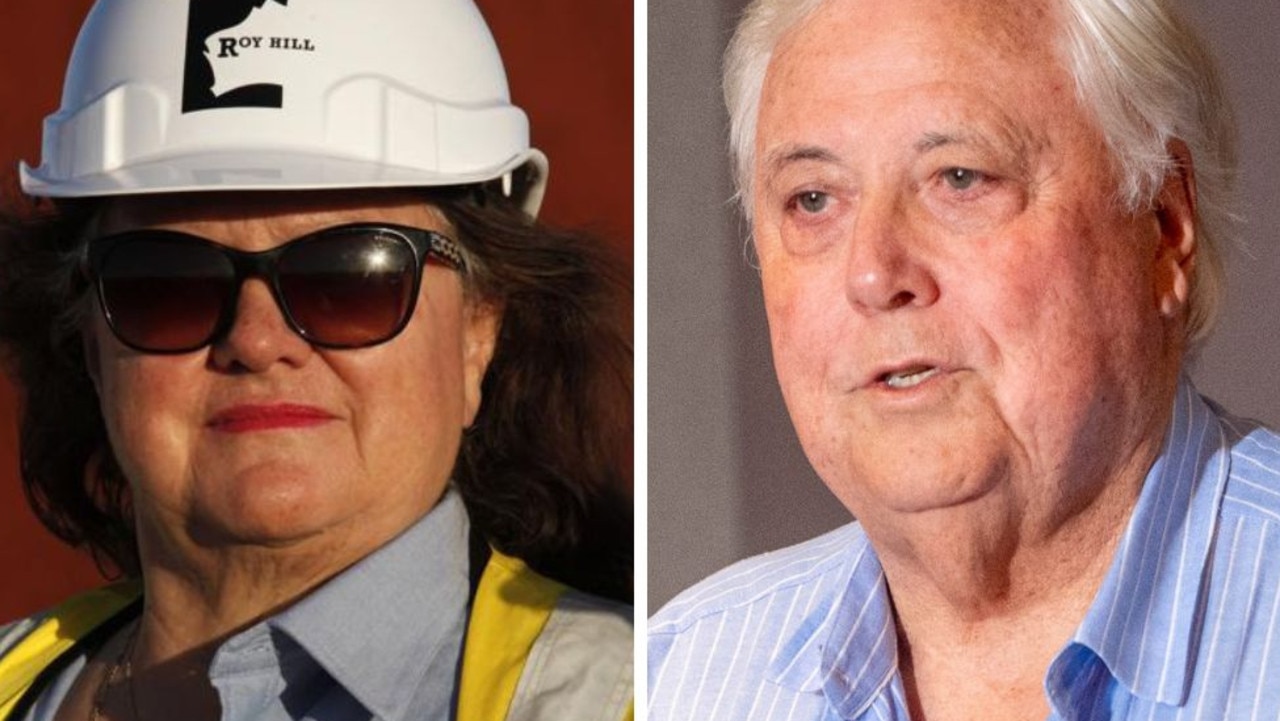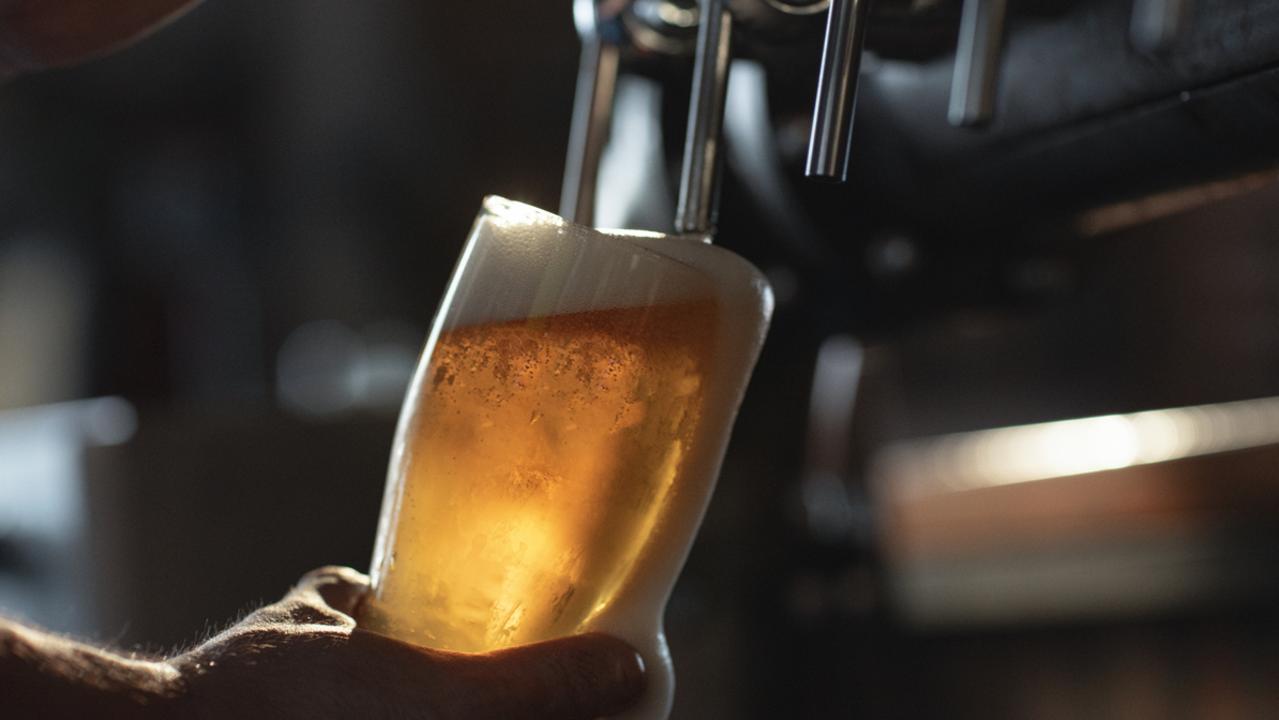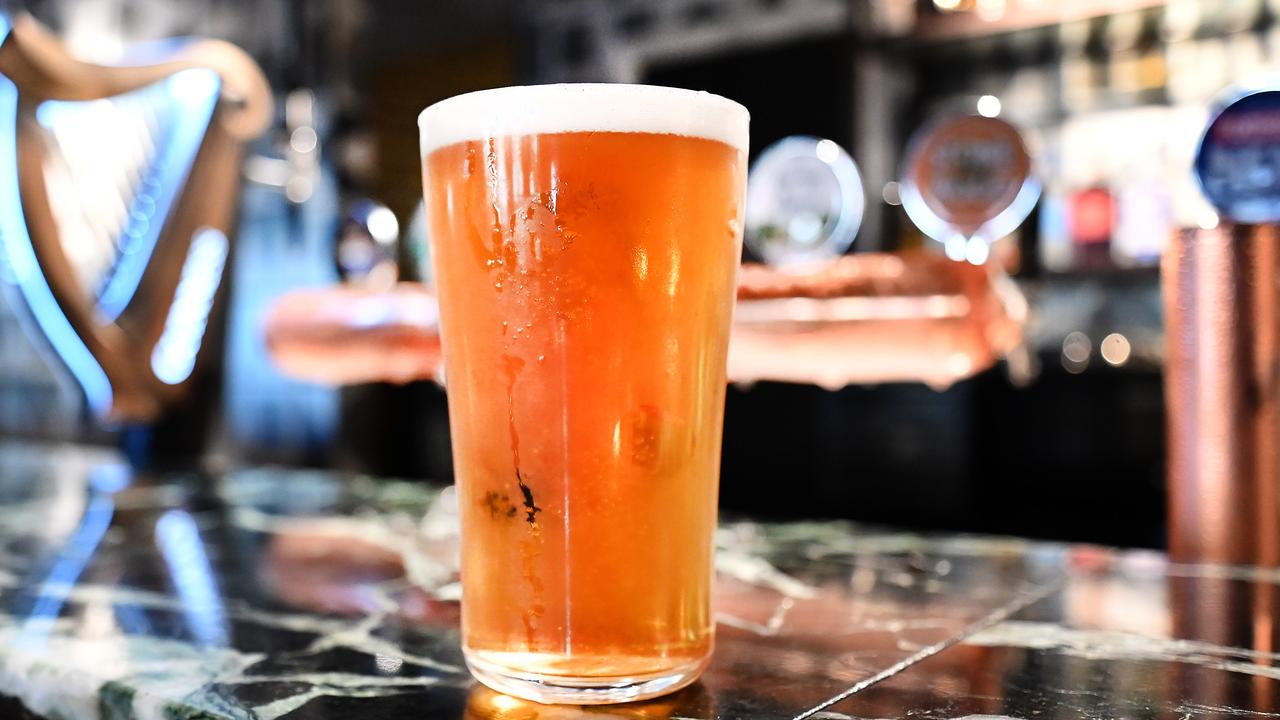How to trim the tax take on your savings and investments
GIVING away money needlessly is not something most Australians enjoy, yet many do it every year to the ATO. This is what you’re doing wrong.
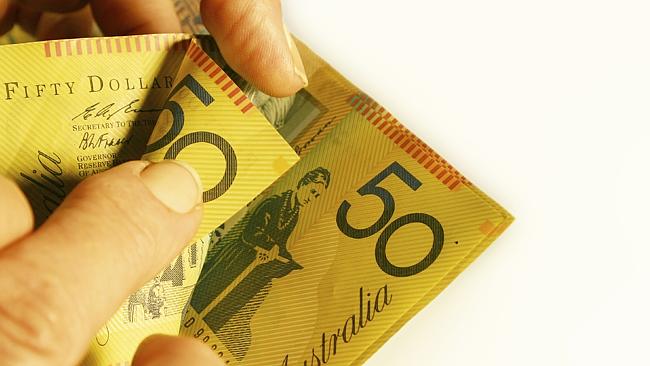
TAX time is still five months away but if you want to keep more money for yourself, now is the time to act.
Trimming the tax take on savings and investments can be simple for people with a plan and some strategies.
Here’s some financial food for thought.
SAVINGS
Cash deposits are the least tax effective investment because the interest simply gets added to your taxable income for the year.
And with rates near 2 per cent and inflation at 1.5 per cent, your money is going backwards after tax.
The best way to reduce tax on savings is to move the money somewhere it can work harder. A credit card debt or home loan repayments are good examples.
Being taxed on savings is like being punished for good behaviour, says finder.com.au consumer advocate Bessie Hassan.
MORE: Compare superannuation funds
“If you have a mortgage, a great way to counteract this is to put your savings into a 100 per cent offset account, where it will not only avoid getting taxed, but will also shave your repayment costs based on the amount you’re squirrelling away,” she says.
“It’s a win twice over.”
Having some cash savings is prudent, and members of a couple should always put deposits in the name of the lowest earner.
And don’t stash cash in no-interest transaction accounts just to avoid paying tax. It’s better to pay some tax on some income rather than zero tax because there’s no income.
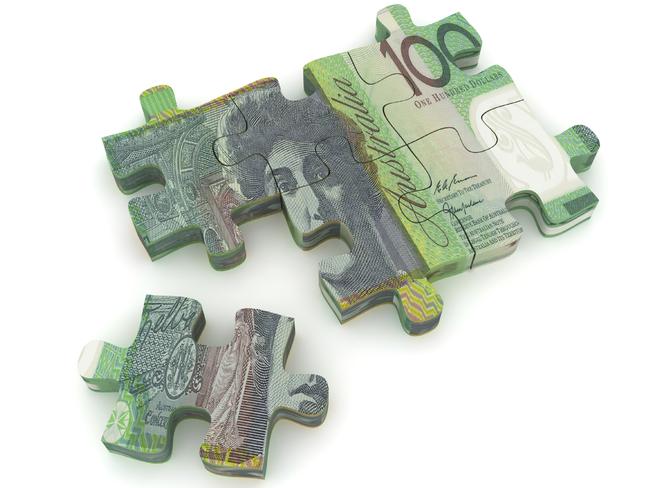
PROPERTY
Real estate is Australians’ favourite investment and comes with a pile of potential tax deductions for everything from interest payments and agent fees to repairs and depreciation.
One of the big areas missed by property investors is depreciation, probably costing them thousands of dollars a year.
BMT Tax Depreciation has analysed ATO records and found that its clients claimed an average $9076, which was $5784 more than the average depreciation claim lodged with the ATO.
“Investors who make their own depreciation claims could be missing items and assets that can be legitimately claimed,” says BMT chief executive Bradley Beer.
Items often missed include clotheslines, security systems, garbage bins, hot water systems, smoke alarms and garden hoses.
“The good news for investors who have missed out on depreciation in past years is that they are permitted to amend the previous two financial years’ claims,” Beer says.
Depreciation reports usually cost about $600-$700 but they themselves are tax deductible.
SUPER
Superannuation is Australia’s best tax shelter, as long as you don’t need the money quickly because it’s locked away until you are retired or close to retiring.
Salary sacrifice saves money by reducing your taxable income, but it must be put in place in advance — not decided at the end of the tax year. You can also put after-tax dollars into super where income and gains are taxed at discounted rates.
H&R Block director of tax communications Mark Chapman says maximising super works well for some.
“You get tremendous tax breaks going in if you are at the right age and right stage in life, and you can take it out again tax-free once you get past age 60,” he says.
SHARES
Most shares come with attached 30c tax credits for every dividend dollar paid, which means bonus income for low-taxed retirees.
Borrowing money to invest in shares is risky, but from a financial perspective makes sense if you have a long-term strategy because the after-tax cost of the loan is likely to be less than the current dividend yield.
Chapman says families can form trusts that enable dividends and other income to be split among lower-income family members such as spouses and adult children.
Just don’t do this with children under 18, because any income they earn above $416 a year is taxed at up to 68 per cent.

